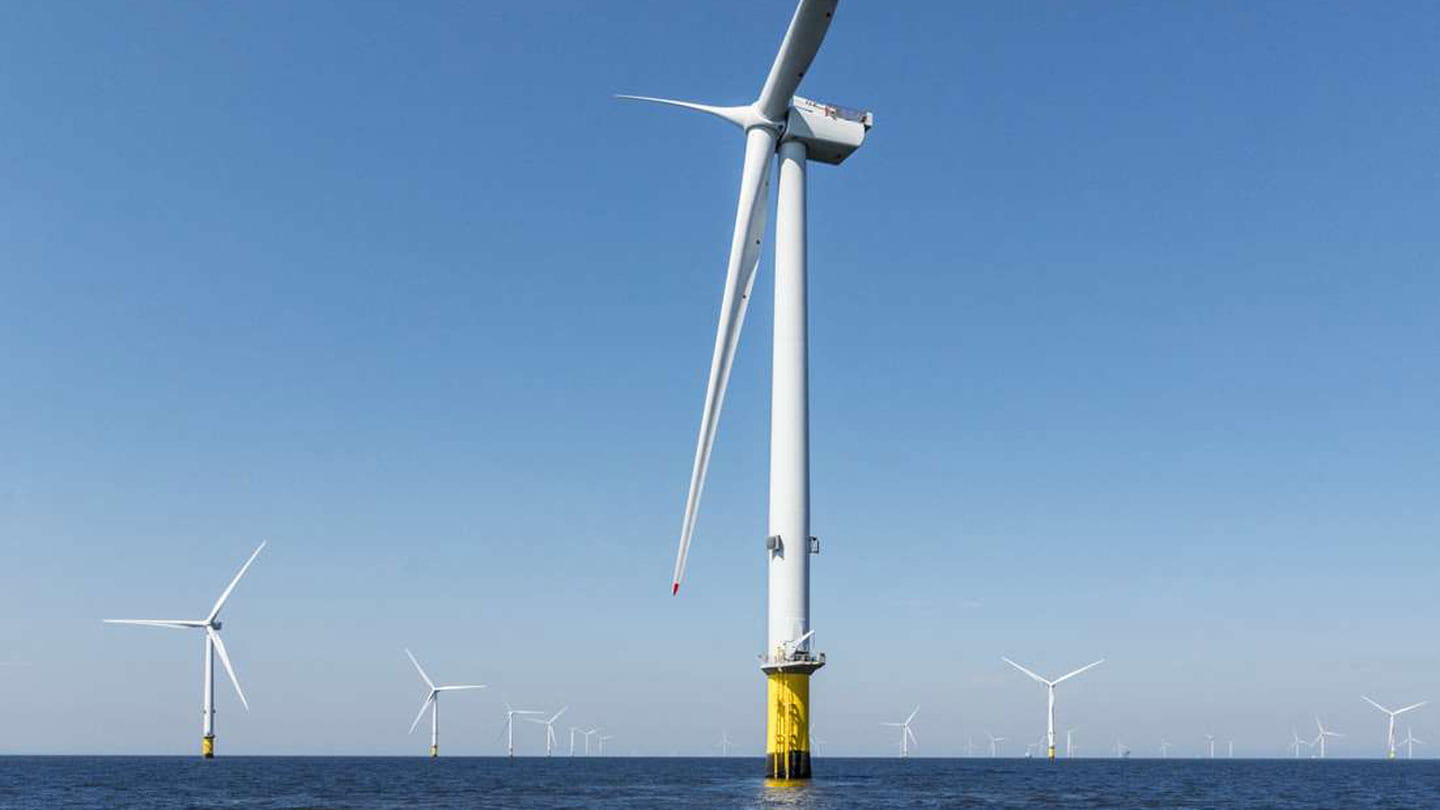
Long term carbon and cost savings through Corporate PPAs


Our energy choices have a direct impact on the environment: increased levels of greenhouse gases in the atmosphere are causing global warming, with severe implications for the future of the planet. The same choices also have a direct impact on the profitability and resilience of our businesses: energy efficiency measures reduce energy costs as well as carbon footprint, while sustainable choices can improve customer loyalty and supply chain appeal.
The work of the Climate Group demonstrates the power of business energy choices: through the RE100 initiative, businesses are setting themselves apart as leaders and influencers by making a commitment to renewable energy. And the 176 businesses already signed up to RE100 consistently outperform their peers financially, across every sector.
Energy strategy as business strategy
If this isn’t a persuasive enough argument for businesses to take a more sustainable approach to energy, the recently published advice of the Committee on Climate Change (CCC) should provide food for thought. It recommends that the UK should legislate for a net-zero emissions goal by 2050. As our largest energy users, businesses will play a central role in achieving this goal. They will also be among those most affected by the change it requires. Those who act now will not only be supporting our transition towards a greener energy future, they may also be guarding themselves against the impacts of an evolving infrastructure and associated price volatility. The CCC’s report tells us that the electrification of heat and transport will double demand for power by 2050 and that this is likely to cause energy prices to peak in the next 10 years. With all of this in mind, it’s fair to say that energy strategy and business strategy are more interwoven than ever before.
Greener energy choices
But what actions should shrewd businesses be taking when it comes to energy? The easiest first step for many will be to actively choose an electricity supply contract which comes from 100% renewable sources. While a little more difficult for multi-site businesses, this is still a relatively simple action which provides significant advantages. Benefits include customer acquisition: our 2018 consumer survey revealed that 3 out of 4 consumers are more inclined to choose a manufacturer or retailer that uses renewable energy. They also include talent retention, improved CSR credentials and increased supply-chain potential.
Consuming energy flexibly can also have an important impact; both on the business bottom line, and on system balance. Flexibility improves cost-efficiency in a system which is increasingly reliant on intermittent energy sources, meaning immediate rewards for businesses who participate in demand-side response schemes and one less contributor to price volatility for everyone.
Those who are ready for a longer-term commitment should also consider a Corporate Power Purchase Agreement (Corporate PPA). A Corporate PPA creates a win-win situation: it can deliver long term cost and carbon reductions for businesses and guarantees investment for renewables projects. We should expect to see many more of these types of agreement in the future. The RE100’s recent Leadership Paper recommends them as a way in which green energy procurement can be made more impactful.
The Corporate Power Purchase Agreement (Corporate PPA) explained
A CPPA is a long-term, fixed price agreement linked to specific renewable generation assets. One of the key attractions is the ability to fix the unit price throughout the contract length. This mitigates exposure to wholesale price movement for the long-term and introduces a creative approach to managing risk. Contracts vary in length, with 10 years being common, but can begin at four years.
By committing to buy electricity from a specific renewable asset, businesses also support the development of new renewable generation. Their energy choice increases the amount of green capacity on the grid and means they make an active contribution towards a net zero carbon nation.
The UK’s first offshore wind Corporate PPA
Northumbrian Water supplies 2.7 million customers in the North East with both water and sewerage services, and 1.8 million customers in the South East with water services. The business has a clearly defined sustainability strategy and has now begun sourcing 30% of its renewable electricity directly from Ørsted’s Race Bank offshore wind farm, off the coast of Norfolk. This Corporate PPA is the first of its kind in the UK. It means that the company will source approximately 100GWh a year for ten years from Race Bank. For Northumbrian Water, it’s an opportunity to ensure price certainty through an energy management strategy that aligns perfectly with its sustainability goals. Under the agreement, Ørsted will also provide an innovative balancing service of the wind output so that the electricity can be delivered under their existing supply agreement. The result is one which will appeal to businesses across all sectors: reduced operating costs without commercial compromise.
Such opportunities are vital to ensuring businesses can benefit from our better energy future. While recent statistics from National Grid show that Britain has achieved a record-breaking 114 continuous hours without burning coal to generate electricity, there is a danger that renewables growth will stall unless we all get behind our government’s net zero ambitions.
Read our special report Greener possibilities, to find out more about how businesses can benefit through better energy choices.